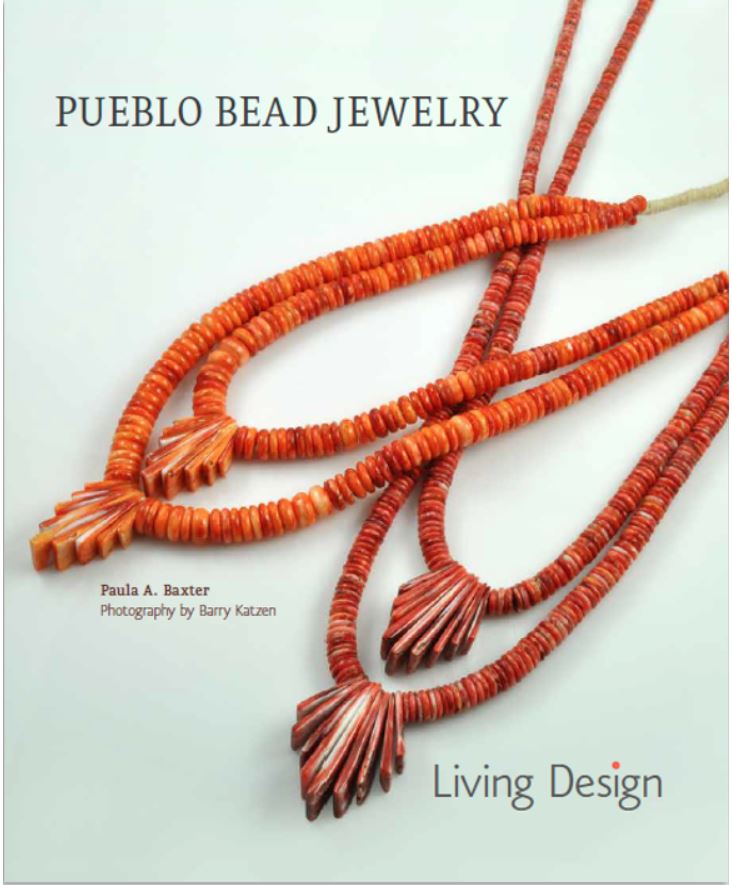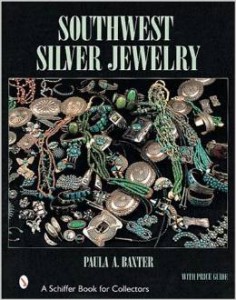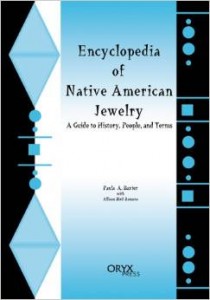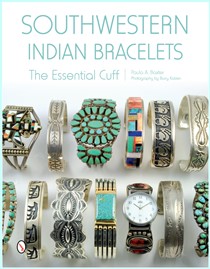The ramshackle building had once been a trading post, but it served as a convenience store and post office now. Tucked around a corner from the roar of Interstate 40, the road led for miles up Route 77 past small communities to end in 264 on its way to Keams Canyon and the Hopi Mesas.
Not that many tourists wanted to make the long trek on a narrow road, so the store served locals. When Kevin got out of his pickup, he saw a couple of men sitting on the bench in front. They were laughing over something in the newspaper. He nodded to them politely as he made his way into the post office. Behind the counter, Bertie Simms smiled a greeting.
“You got an official-looking letter, Kevin. Hope it’s good news!”
He didn’t know whether to grin or grimace. No point in belaboring the obvious fact that U.S. Post Office employees weren’t supposed to comment on personal mail, Simms had been handing out the mail in east Holbrook for as long as Kevin could remember. Nor was there probably any point in minding that Bertie, along with everybody else in the area, knew Kevin’s ranch was almost on the skids.
What was that song he liked to play on his iPod? A British band and they had this line… “Hanging on in quiet desperation is the English way…” Well, he was hanging on, alright. Even if he wasn’t English at all. Simms placed two things into his hands: a circular for the granary over in Winslow and a heavy white envelope. Kevin peered down at the return address — Millman, Oster and Scheck, with a street address in Denver. Nobody he knew.
Nodding his thanks to Simms, who waited avidly for him to tear the thing open, Kevin headed over to the store side. He bought a loaf of bread, some beef jerky for the dog who waited patiently in the truck’s cab, and a Pepsi for himself. Half-hearted banter with Shirl, they’d gone to high school together, and back out to the pickup.
Shash’s chin lay on the sill of the rolled-down driver’s side window. He whined slightly and leapt over to the passenger seat as Kevin got in. He gave the dog his treat and cracked open the pull-top on the Pepsi, took a long slug, and flattened the envelope out on the steering wheel. It was a mild day in early May and Kevin realized he had no incentive to head back home. Chores were done for now.
A letter from strangers didn’t happen every day. Life had been hard and unexciting since he’d come back from the military. Kevin had been grateful for that. His two tours of duty had been rough: first Afghanistan and then Iraq. But when the letter from his mother had come, he’d finished his time and gotten a discharge. Even then, it had been too late. His stepfather had passed away in the Flagstaff hospital. Kevin’s throat burned and he shut his eyes, reviewing the happy times he’d had with Vernon.
Some people thought it odd that a Hopi man had married a Navajo woman, but there were plenty of such unions if you really looked around. Lots of kids in his high school had dated people from different tribes. Really traditional people didn’t go in for such things, but that wasn’t as many people as there used to be.
One of the really remarkable qualities that Vernon possessed was his patience. He didn’t yell, drank one beer a month, and when you wanted to talk to him he’d sit and listen. Wouldn’t even ask questions until you’d finished speaking. That was a lot more than you could say for Kevin’s mother’s people. His two uncles were always shooting their mouths off.
Then there was Vernon’s skill as a carver. He made beautiful katsinas from cottonwood, and collectors from all over sought his creations. An original Vernon Calumptewa work cost thousands of dollars. Vernon didn’t churn them out either; he had to be inspired.
By the time Kevin had gotten home things had really deteriorated on the ranch. Bad weather, sales of cows that should have been kept, fence repairs never made — they all added up. His mother, her own ailments flaring up, was exhausted from looking after Vernon. Her losing battle had demoralized her completely. Kevin took over, glad for something significant to do, but all his labors seemed to be in vain.




